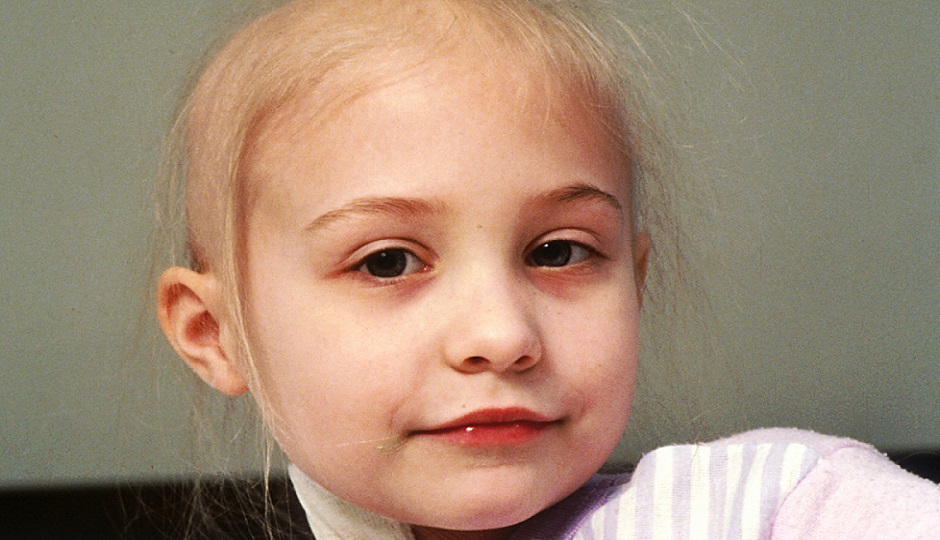
However, the school lives of children treated for cancer are disrupted as a result of the cancer, its treatment and resulting sequelae.. Childhood cancer survivors face a number of challenges including school absences, activity participation restrictions, difficult peer relationships, feelings of abnormality and poor self esteem.
We investigate ways to support the optimal development of children with cancer.
Our study seeks to examine the issue from a new angle in order to shed light on the factors that promote the academic persistence and success of children treated for cancer. Adopting a positive psychology approach, we investigate ways to support their optimal development on individual, group and community levels.
The first objective of the study is to describe the perceptions of three groups of actors—family, professional and the community—of the academic persistence and success of children treated for cancer. The second objective is to compare the perceptions of the different groups in order to apprehend their convergences and divergences, identify issues and establish a basis for consultation between actors.
The study innovates by proposing a set of 53 courses of action based on our findings and provides relevant information for planning measures to promote the academic persistence and success of children treated for cancer.
Main researcher
Sylvie Jutras, Université du Québec à Montréal
Deposit of the research report: March 2008
